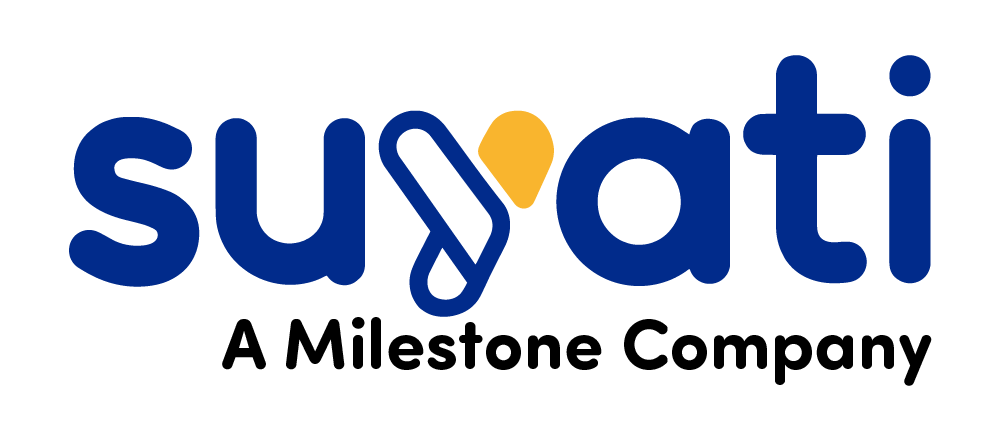Relational database, created over four decades ago, paved the way for many success stories in the past. But that was when datasets were small and uniform, and the development processes needed only a waterfall model, because the requirements were known in advance. Hence, its huge success. However, with changing times and Big Data, applications need to be built in a more agile way and handle a versatile set of data that is constantly evolving. Modern businesses need to cohesively maintain the applications in real-time and deploy them in cloud infrastructure, while continually serving customers. Document database MongoDB promises high performance, high availability, and easy scalability—exactly what organizations that handle large databases and high velocity of data are looking for.

This gen-next database has been facilitating high-powered businesses across the globe to harness the power of data. Be it enterprising start-ups or mammoth corporations, MongoDB has created applications at a fraction of the cost that legacy databases required. Very recently, MongoDB was positioned as the only “Challenger” in the Gartner 2014 Magic Quadrant for Operational Database Management Systems, out of the 25 vendors evaluated. In fact, for two consecutive years, it has been recognized in the report for its ability to execute and completeness of vision.
In October this year, the NoSQL database announced a major upgrade to its cloud-based MongoDB Management Service (MMS). With this upgrade, customers will be able to run, install, upgrade and maintain MongoDB on multiple clouds, such as IBM Cloud, Microsoft Azure, the Google Compute Engine, and AWS. With the ability to run on any cloud and on its own premises, customers, especially those who want to operate the database more directly, get to choose the most competitive cloud for their business with the MongoDB.
Why MongoDB?
It is the number one NoSQL database, and NoSQL database is exactly what new generation enterprises need, that is why! For almost 40 years, SQL and relational databases have been the go-to data structure for many enterprises. No doubt, the features offered by SQL were suitable back then, not to forget that it also ensured data integrity and security. However, for present-day needs, RDBMS is just not enough. Not that they are feature-short, but more because they lack the capability of scaling.
SQL and other RDBMS can scale well only vertically and again only within a single server. So you can increase the memory and CPU, but what you cannot achieve is scaling horizontally, where more servers can be added to divide up the volume. The inability for distributed computing becomes SQL’s biggest weakness, making it the DBMS of the past, or for smaller (and slower) requirements.
MongoDB, on the other hand, is the DBMS for emergent and established enterprises that need scalability at their core. In the Internet age, large websites strive for performance, and high performance necessitates not one massive server that tries to do it all, but several servers that offer the advantage of distributed computing.
Fast internet speeds call for faster data retrieval, a key quality of MongoDB, but an aspect that SQL wasn’t built for. In spite of the added features to MySQL, its limitations in scaling, its low performance during high transaction load and the complicated implementation of its innovative new additions bring the design problems of relational databases under the scanner.
On the contrary, MongoDB offers good performance where high write loads are involved. Although many programmers believe that it has a rather clumsy solution to join tables, the truth is, it works! And if the data integrity and security argument pops up again, Mongo’s Enterprise Advanced commercial edition shuts the critics up—it offers advanced data security, besides other benefits such as on-demand training and easier integration with widely used system management tools. MongoDB Enterprise gives you the power to guard, identify, and manage access to your data.
Parting thoughts
No, we are not attempting to beat up SQL—after all, for decades, it was one of the only reliable DBMS options we had. However, what we are trying to do is focus on why RDBMS many not be enough for today’s business scenario and how something like MongoDB closes the gap. Mongo has been designed with modern application development and usage in mind. With data storage trends evolving every day, organizations need an architecture that allows virtualization and cloud computing, among other functions. The apps have to be ready for Big Data and IoT, and the methods of developing them need to be iterative. Multiple data shapes and quadrupling and unpredictable data volumes mean having the support of a database that handles them without any hiccups.
So while SQL still has its advocates (and may always have), what is palpable is that it may not be the future. Then again, Mongo is.
Image Credit: David Martin on Flickr

1 comment
Wonderful article Nina! You have rightly pointed out the drawbacks of the SQL databases in dealing with BigData and with the strides made by NoSQL databases such as MangoDb, Relational Databases have a tough time catching up on the Big Data front.